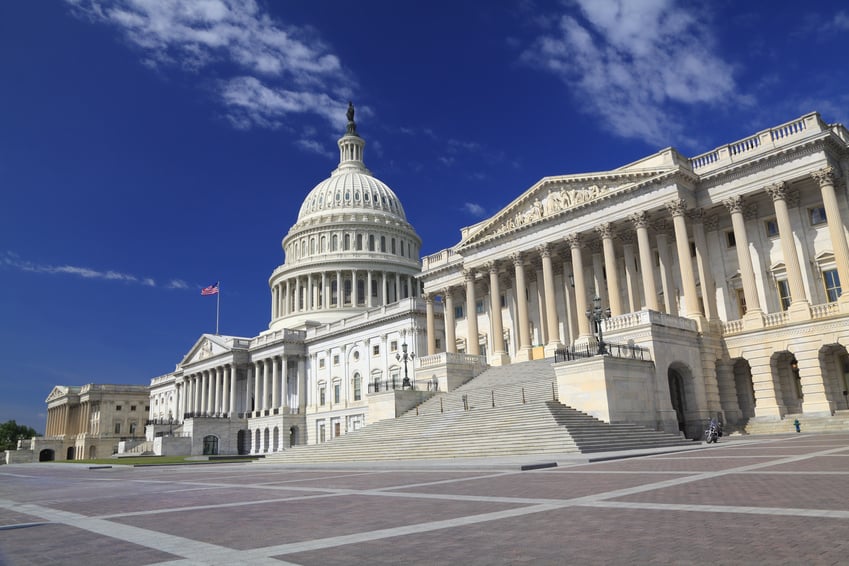On November 12, 2021, the US Department of the Treasury’s Office of Foreign Assets Control sanctioned four entities and two individuals pursuant to Executive Order 14046, “Imposing Sanctions on Certain Persons With Respect to the Humanitarian and Human Rights Crisis in Ethiopia”. These designations are in response to the growing humanitarian and human rights crisis and expanding military conflict in Ethiopia.
In November, the United States announced that Ethiopia, Guinea and Mali would be terminated from the African Growth and Opportunity Act (“AGOA”) trade preference program, unless they took urgent action to meet eligibility criteria by 1 January 2022. AGOA eligibility requirements include, among other things, that countries must follow the rule of law and implement economic policies that reduce poverty and combat corruption and bribery. Countries must also protect internationally recognized human and worker rights, and must not engage in activities that undermine national security interests.
Draft guidelines to the COMESA Competition Regulations, 2004 were published for public comment in October 2021. The guidelines are intended to provide clarity, transparency and certainty on the policies and procedures of the COMESA Competition Commission. Based on international best practice, they address the determination of fines and administrative penalties, as well as settlement and hearing procedures.
On November 1, 2021, the US Department of State’s Directorate of Defense Trade Controls issued a final rule amending entries for Ethiopia and Eritrea in the International Traffic in Arms Regulations. These changes supplement the sanctions imposed on both countries under Executive Order 14046, “Imposing Sanctions on Certain Persons With Respect to the Humanitarian and Human Rights Crisis in Ethiopia,” which was signed by President Biden in September 2021.
On September 17, 2021, President Biden signed Executive Order 14046, “Imposing Sanctions on Certain Persons With Respect to the Humanitarian and Human Rights Crisis in Ethiopia” aimed at addressing the widespread humanitarian conflict in northern Ethiopia. Both the White House and Secretary of State Antony J. Blinken also released statements calling for ceasefire negotiations to begin to find a political solution to the ongoing conflict in the region and a sanctions scheme to target individuals and groups responsible for violence, unrest, human rights abuses and the obstruction of humanitarian efforts.
All but four of the OECD G20 Inclusive Framework members, including South Africa, have signed an agreement that will reform the world’s tax system. Two African countries – Kenya and Nigeria – have not yet signed the agreement. The new two-pillar system will set out a reallocation of taxing rights as well as a global minimum tax rate for certain organizations. It is expected that these changes will address global tax revenue imbalances, which is expected to benefit African countries.
While the financial impact of COVID 19 has affected almost every sector across the world, the hospitality sector has been one of hardest hit. This sector has borne the brunt of reduced travel together with event and booking cancellations. We look at the key employment related considerations faced as a result.
Welcome to this issue of the Global DR Legal Update, our quarterly newsletter which aims to bring together the most important global developments in litigation and arbitration. If you have any questions, or if we can assist further, please get in touch with Ben Roe or Steve Adams.
On 24 September 2021, the long anticipated Personal Data Protection Law, promulgated by Royal Decree No. M/19, dated 09/02/1443H (corresponding to 16 September 2021), was published in the Saudi Official Gazette. The Law was developed by the Saudi Data and Artificial Intelligence Authority, which will be the competent governmental authority to administer the Law for a period of two years but it may thereafter transfer such competence to the National Data Management Office.
The Labor Court in South Africa was recently tasked with reviewing the conduct of a CCMA commissioner, whose role was to discern the appropriateness of employment-related conduct during an employment tribunal. The review court had to determine whether the commissioner had committed misconduct by acting in a manner that undermined the integrity of dispute resolution process. Such commissioners have a duty to exercise sound judgement and must behave in a way that is beyond reproach to ensure fair labor practices in South Africa.



